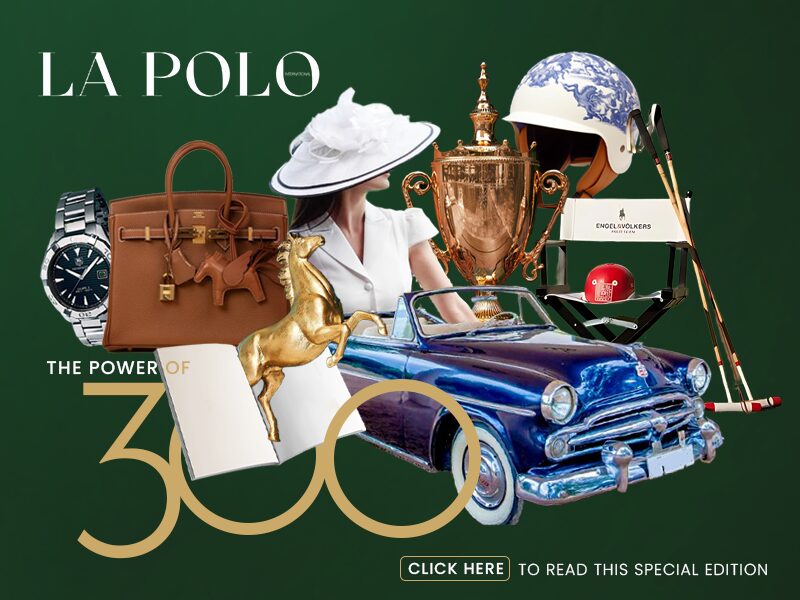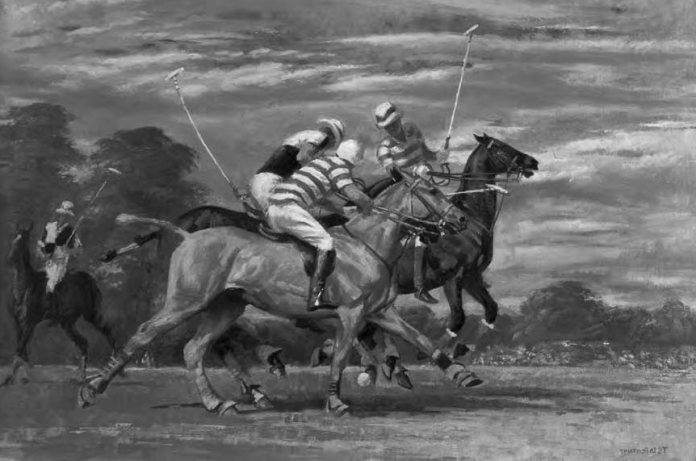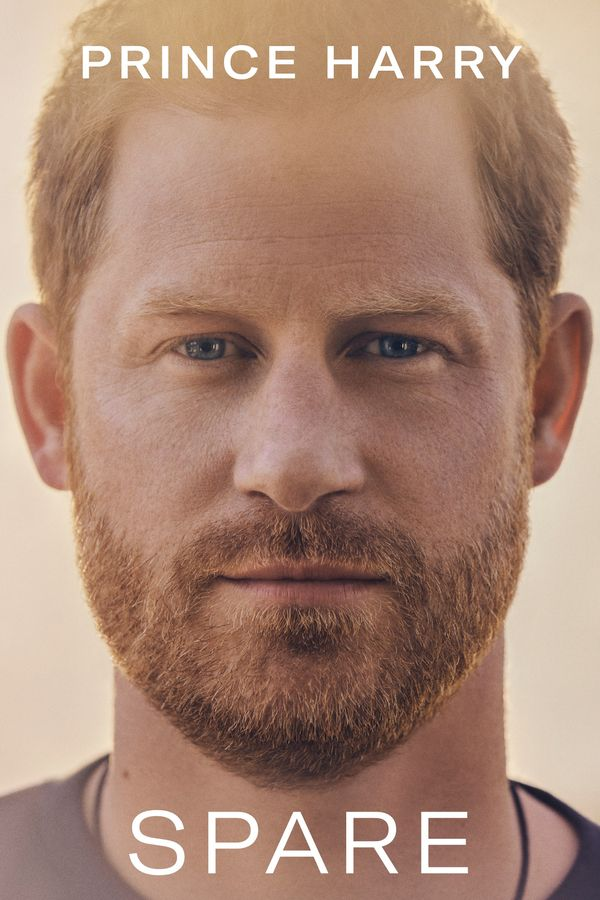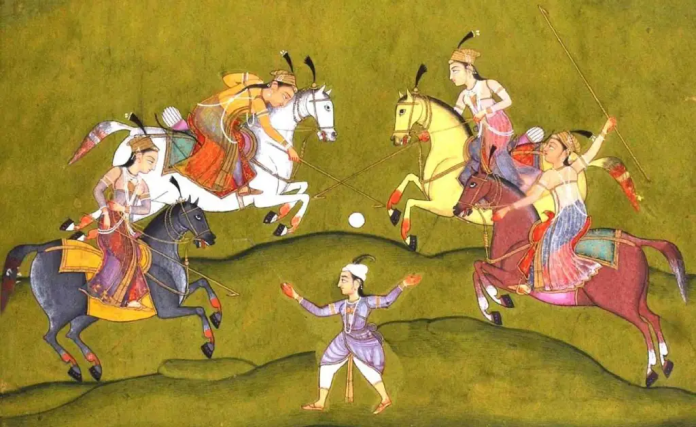Let’s look at Polo history in two significant countries, United States and the United Kingdom.
United States
Following the official Japanese military surrender in Tokyo Bay on September 2, 1945, the United States was the first of all the Allies to pick up polo again. The fact that Meadow Brook hosted an open championship in 1946 is nothing less than extraordinary. However,
eight players responded to the opening bell for the final match, and two of them were Americans while the other six were Mexicans. This demonstrated how the times had changed. Gabriel, José, Guillermo, and Alejandro Gracida Hoffmann defeated Mike Phipps, Stewart Iglehart, Antonio Nava Castillo, and Alberto Ramos Sesma’s mixed team, Los Amigos. But in that year, American teams kept the Avila Camacho Cup at both San Antonio and Meadow Brook.
In 1949, the renowned Meadow Brook represented the United States during the international Buenos Aires polo tournament. Pete Bostwick, Peter Perkins, Alan Corey, and Devereux Milburn, Jr.’s team crushed the Argentine military in their spectacular debut at Palermo. Unfortunately, the medium-handicap La Concepción squad shocked everyone by defeating the American team 14-12 in the second round. Jorge Torres Zavaleta, who would go on to become president of the Argentine Polo Association, remembered this match as the pinnacle of his polo career many years later. The 1950 edition of the Cup of the Americas was held in Buenos Aires.

United Kingdom
The United Kingdom was exhausted after the end of World War II. Currency restrictions and food rationing became frequent during the Labour Party’s time in office. However, in the summer of 1947, polo made a few shaky steps at both Rugby and Cowdray Park. The Cowdray Park Challenge Cup was revived as early as 1948; appropriately, it was taken by the host club with a team that included Maj. Colin Davenport, the Hon. Daphne Lakin—Lord Cowdray’s sister—her husband John Lakin and Lord Cowdray. The presentation of the Cowdray Park Gold Cup was a historic occasion. From 1876 until 1939, the Hurlingham Champion Cup held the honour. Los Indios from Argentina, a visiting team, won the competition. Father of two and grandfather of seven players with a 10-goal handicap, Antonio Heguy served as the team’s captain.
Polo history is dynamic, evolutionary and a testimony of contemporary realities. The upheaval caused by the world wars is relevant to the sport of polo and its own individual revolution; showing how polo is a contemporary sport that has been shaped and reformed through a history that shaped an entire world polity.





